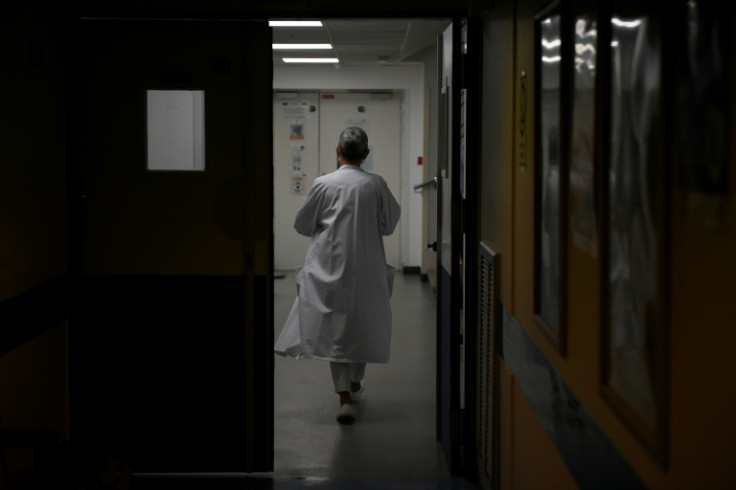South Africa Reports Second Death From Mpox

South Africa on Thursday announced that Mpox, a viral infection, claimed its second victim in less than 24 hours after the country reported first death from the disease.
Mpox, formerly known as Monkeypox, spreads via close contact with infected humans or animals, as well as via materials such as contaminated sheets. The country has reported a total of six laboratory-confirmed Mpox cases, with two of them died since the first case was identified five weeks ago.
The 38-year-old man was admitted to the KwaZulu-Natal (KZN) province's hospital with extensive lesions, headache, fatigue, oral ulcers, muscle pain and a sore throat. The person tested positive for Mpox on Wednesday.
The National Health Department spokesperson Foster Mohale said, "The patient has unfortunately demised in KZN the same day his test results came back positive," Al Jazeera reported.
Health Minister Dr. Joe Phaahla said on Wednesday that all cases are classified as severe according to the World Health Organization's definition, which requires hospitalization. The patients have other health conditions and are part of key populations including men who have sex with men (MSM).
He recalled that the last time South Africa reported Mpox cases was in 2022, with five confirmed cases in the Western Cape, KwaZulu-Natal, Limpopo, and Gauteng. No cases were reported in 2023.
Currently, there is no registered treatment for Mpox in the country. However, the minister noted that the WHO suggested using Tecovirimat, also known as TPOXX, to treat severe cases, particularly in individuals with a CD4 count below 350.
Mpox was first found in humans in 1970 in the Democratic Republic of the Congo (DRC). Since then, it has mostly spread to some West and Central African countries. In the first four months of 2024, the WHO reported over 97,000 cases and 186 deaths in 117 countries.
Health Minister Phaahla said that all the recent cases in South Africa were men in their 30s, and their cases were severe.
"In all cases, patients are males aged between 30 to 39 years without travel history to the countries currently experiencing an outbreak, which suggests there is local transmission of this infectious disease in the country," the minister said.
© Copyright 2025 IBTimes ZA. All rights reserved.





















